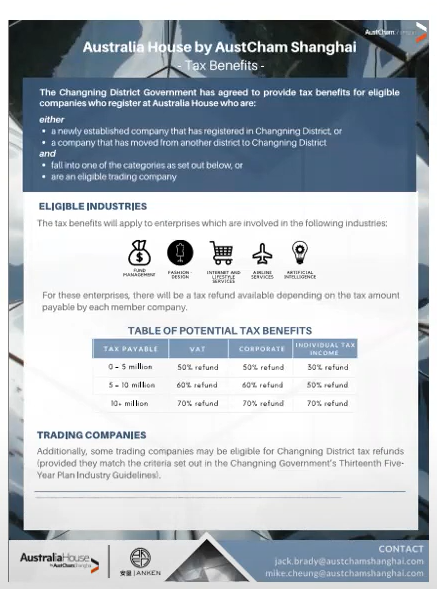New Personal Income Law in China –
The New personal income law in China
Sept 7, 2018
On August 31, 2018, the second draft of the Individual Income Tax Law was passed. The new law makes significant amendements concerning the calculation, the enforcement of individual income tax (IIT) in China as well as the principle of residency rules.
According to the new law, a foreign individual who resides in China for an accumulated 183 days or more in a year is considered a ‘tax resident’, and therefore the foreign individual is subject to Chinese tax on their worldwide income.
This stipulation will replace the previous five-year-rule, under which a foreign individual was subject to Chinese taxation on worldwide income if they lived in China for more than five years.
Beginning October 1, 2018, the standard deduction on comprehensive income will increase from RMB 3,500 (US$512.1) for resident tax payers, and RMB 4,800 (US $702.3) for non-resident tax payers to a unified RMB 5,000 (US$731.6) per month. This will raise the annual threshold to RMB 60,000 per year, which is equivalent to an extra annual deduction of approximately US$8,779.2 per year. These changes will concern residents and non-resident tax-payers.
The new IIT Law also enables resident taxpayers to deduct the following additional items from their comprehensive income:
• Education expenses for children;
• Expenses for further self-education;
• Healthcare costs for serious illness;
• Housing loan interest;.
• Housing rent; and.
• Support for elderly.
The new IIT law now provides discount incentives for certain categories of income. Indeed, the income derived from labor services, income from author’s remuneration, and income from royalties are to be calculated with a 20 percent discount before forming part of the monthly ‘pre-tax income’.
Dividends are generally taxable at a flat rate of 20 percent. However, dividends paid out by companies listed on the Chinese stock exchanges are taxed at rates ranging from 5 to 20 percent depending on holding period.
The new ITT law will take effect on Jan 1, 2019, however, the new tax brackets and standard deduction amounts will take effect on October 1, 2018. The 183 day rule for foreigners will take effect on Jan 1, 2019.
Due to the important amendments of the new IIT law, individuals are suggested to assess if there is any changes on their tax liability and make necessary tax planning for remuneration package to better cope with the changes.
We are delighted to offer our assistance in this topic. please be free to contact us for further information at + 86 187 177 31958 or email us at info@opkofinance.com








